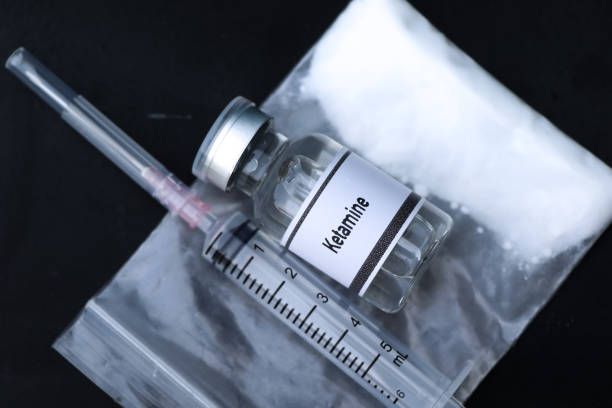Charles Marmar, a 71-year-old psychiatrist in New York, has spent his career studying post traumatic stress disorder, which has symptoms such as sleep disruption and vivid flashbacks of the traumatic experience. PTSD is often associated with war: Between 11% and 20% of veterans who served in Iraq and Afghanistan have the disorder in a given year, according to the Department of Veterans Affairs’ National Center for PTSD.
What many people don’t realize, says Dr. Marmar, is that an estimated 85% of cases result from an event outside of the military, including sexual violence, a car accident or the violent death of a friend or family member. Outside of the military, women are twice as likely to develop PTSD as men—in part, he thinks, because women are disproportionally targeted as victims of interpersonal violence. PTSD is sometimes misdiagnosed as depression or anxiety, he says.
An estimated 7.8% of Americans will suffer from post-traumatic stress disorder at some point in their lives, according to the National Center for PTSD. While our understanding of the condition has come a long way, says Dr. Marmar, chairman of psychiatry at NYU Langone Medical Center in New York, there is still a long way to go in both diagnosis and treatment.
To better identify patients, NYU Langone is conducting studies to improve diagnosis through measurable medical tests, using tools such as magnetic resonance imaging and brain
Current approaches for treating PTSD, such as long-term psychoanalysis and antidepressants, haven’t been effective at reducing symptoms in everyone. “We have been struggling since World War II, at least, to develop treatments for PTSD,” says Dr. Marmar.
He cautiously supports controversial trials using MDMA, also known as Ecstasy, to treat PTSD. (NYU isn’t involved in the research.) In the trials, conducted by the nonprofit Multidisciplinary Association for Psychedelic Studies, patients who haven’t responded to other treatments get three doses of the drug during talk-therapy sessions. (Patients also get regular psychotherapy, with no drugs.) Researchers believe MDMA may help people open up and revisit repressed memories, so they can better get over their trauma. In early trials involving 130 participants, two-thirds of those who took the drug no longer met the criteria for having PTSD after treatment.
In November, the FDA approved large-scale, Phase 3 clinical trials of the drug—the final step before approval, which could come as soon as 2021 if the results are positive. Some psychiatrists worry that using MDMA may lead to drug abuse, but Dr. Marmar thinks the studies have shown promise for some patients.
His department is applying for a federal grant to test another experimental compound: cannabidiol, a nonaddictive, non-hallucinogenic component of the marijuana plant. “In the animal studies [of cannabidiol], it’s been shown to be highly effective for stress and anxiety and cause no psychoactive effects like marijuana,” says Dr. Marmar. “It calms you down without getting you stoned.”
SOURCE: The Wall Street Journal, January 7, 2017



Leave A Comment